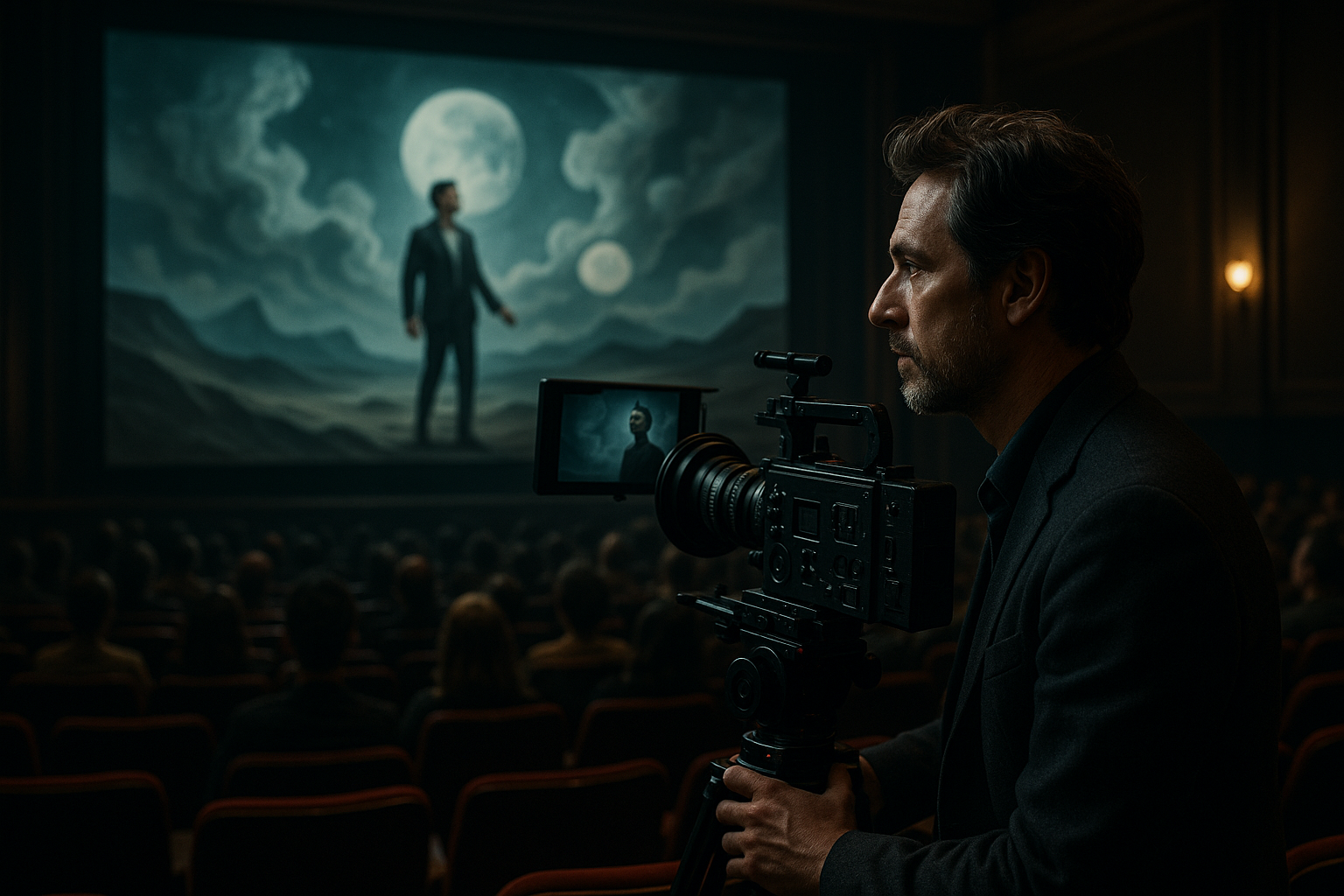Delving into the Resonance of Neo-Surrealist Cinema
In the ever-changing landscape of the film industry, a new wave of filmmakers have brought back Surrealism with a modern twist. This article delves into the emergence, evolution, and impact of Neo-Surrealist Cinema, a genre redefining our cinematic experience.

A Historical Glimpse at Surrealism
Surrealism originally emerged as a cultural movement in the 1920s, aiming to liberate thought, language, and human experience from the oppressive boundaries of rationalism. In cinema, Surrealism was marked by its disregard for narrative conventions and its exploration of the irrational and the subconscious mind.
The Advent of Neo-Surrealist Cinema
In recent years, a new wave of filmmakers have revived Surrealism, giving birth to Neo-Surrealist Cinema. This movement employs surrealistic elements within more conventional narrative structures, creating a blend of the dreamlike and the rational. Notable filmmakers of this movement include David Lynch and Spike Jonze, whose works have introduced mainstream audiences to the complexities of this genre.
Current Developments in Neo-Surrealist Cinema
Neo-Surrealist Cinema continues to evolve, with films like “Inception” and “The Lobster” pushing the boundaries of the genre. These movies use surreal elements to explore complex themes such as identity, reality, and human nature, pushing audiences to question their perceptions.
The Impact and Reception of Neo-Surrealist Cinema
The impact of Neo-Surrealist Cinema is significant. It challenges viewers to engage with cinema on a deeper level, encouraging introspection and critical thinking. This genre’s reception has been largely positive, with many praising its ability to provoke thought and evoke powerful emotional responses.
The Future of Neo-Surrealist Cinema
As more filmmakers adopt and experiment with this style, the future of Neo-Surrealist Cinema looks promising. It continues to redefine cinematic storytelling, demonstrating the power of film as a medium for exploring the complexities of the human condition. The resurgence of this genre has reinvigorated the film industry, proving that cinema can be both entertaining and profoundly thought-provoking.
In conclusion, Neo-Surrealist Cinema represents a fascinating development in the world of film. Combining elements of the surreal with traditional narrative structures, it offers a fresh and captivating cinematic experience. As this genre continues to evolve, it promises to keep pushing the boundaries of what is possible in cinema, providing audiences with unique and intellectually stimulating content.



